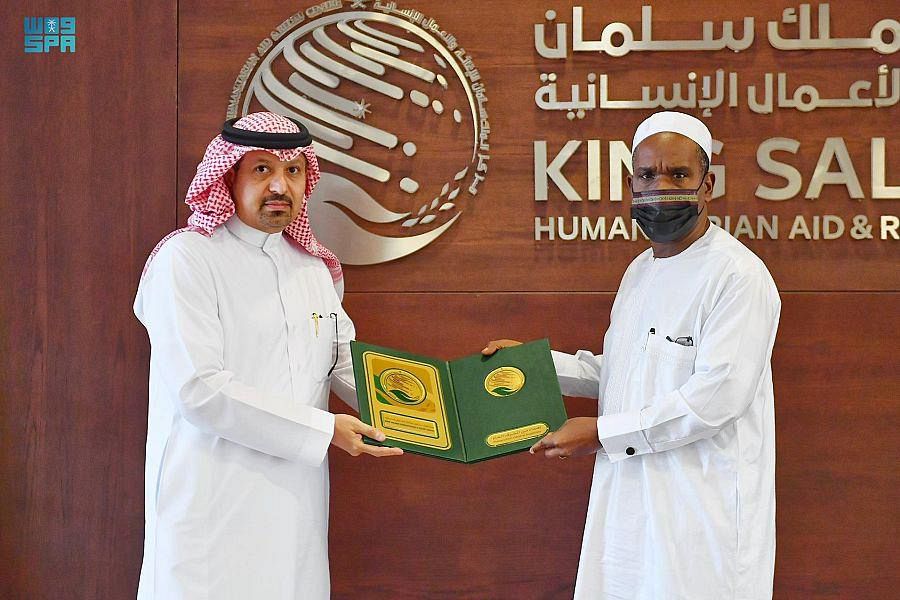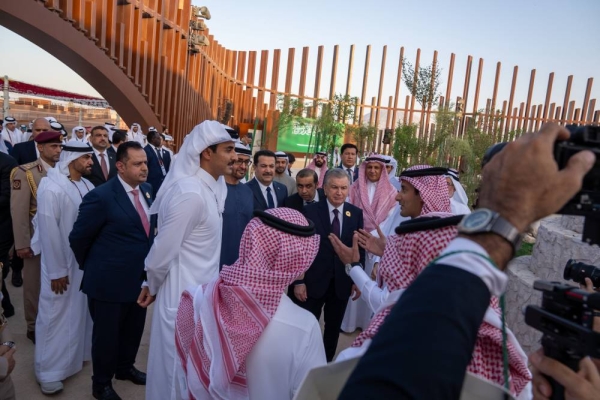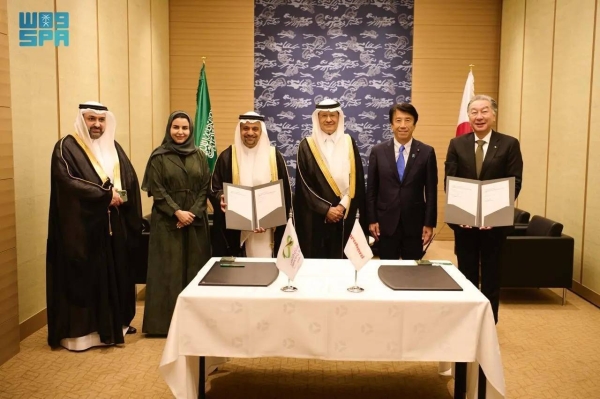
It has been an eventful first 180 days for Saudi Energy Minister Prince Abdul Aziz bin Salman, who took up the role on Sept. 8, 2019. In fact, we may never witness such a frenetic six-month period in energy markets again.
Less than a week after his appointment, the world’s largest oil processing facility in Abqaiq was attacked. That suspended oil output by 5.7 million barrels a day, with almost half of all Saudi oil production temporarily halted.
The Sept. 14 attacks were managed effectively and did not disrupt global supply. While Saudi Arabia had experienced frequent sabotage on oil tankers and oil and gas facilities throughout 2019, the attacks on Sept. 14 were the most destructive. Still, in just two weeks, production had returned to levels achieved before the attacks.
It was not just the practical response to this shock that was significant but also his diplomacy and management style that was able to calm an understandably nervous market.
Beyond terror attacks and pandemics, the new energy minister also oversaw the world’s biggest IPO as Saudi Aramco became a publicly traded company. Under his watch we witnessed the resumption of oil production from the divided zone fields between Saudi Arabia and Kuwait on Dec. 24. And most recently he revealed plans for the Kingdom to become one of the world’s largest gas producers.
The discovery of the Jafurah gas field will add 200 trillion cubic feet to the already proven 300 trillion cubic feet of gas reserves in the Kingdom. The development of this field in the eastern region of Saudi Arabia will catapult the Kingdom to the forefront of global gas producers.
Sustainability in oil prices is what producers need. That is because instability causes volatility that in turn hinders investments and limits economic growth.
Faisal Faeq
His determination, persistence, and dedication thwarted any attempt to question Saudi Arabia as the most reliable oil producer.
The market was convinced when he said that a “fair oil price is in the eye of the beholder.”
Sustainability in oil prices is what producers need. That is because instability causes volatility that in turn hinders investments and limits economic growth.
His influence was visible in the cooperation between OPEC and non-OPEC producers.
The energy minister has developed the idea of the circular carbon economy, reinforcing the Kingdom’s reputation as a pioneer of carbon sequestration and boosting upstream and downstream efficiency.
The coronavirus represents perhaps the biggest challenge to have emerged in the last 180 days and demonstrates the need now more than ever to maintain the level of cooperation that has kept the market in balance these past four years.
It is an enormous issue for oil exporters already grappling with subdued global energy demand. That impact has been amplified because of the prevalence of the virus in some of the world’s biggest oil importing nations — specifically China, Japan and South Korea.
Traders are now considering the threat of a much wider outbreak with a more significant global economic impact.
• Faisal Faeq is an energy and oil marketing adviser. He was formerly with OPEC and Saudi Aramco. Twitter:@faisalfaeq
Disclaimer: Views expressed by writers in this section are their own and do not necessarily reflect Arab News" point-of-view









